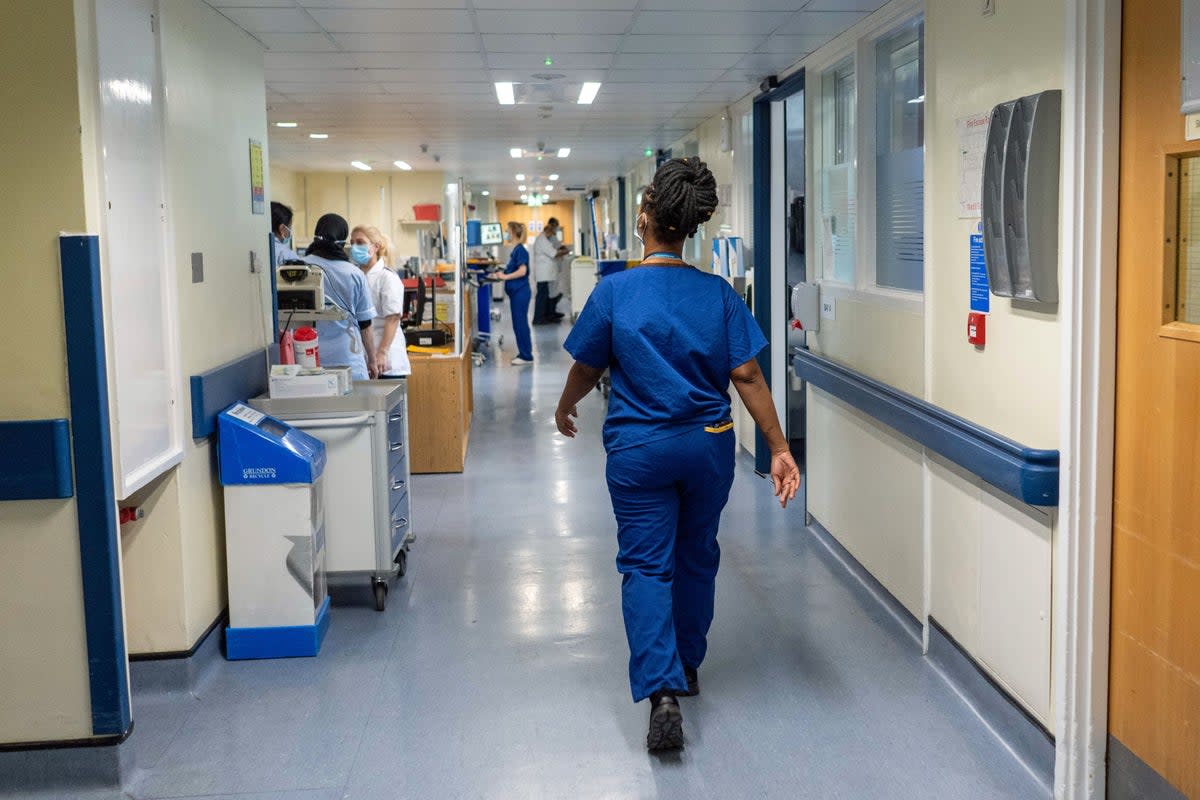NHS care for trans patients: what is being proposed and what are the current guidelines?

Big changes may be coming for transgender patients receiving treatments at NHS hospitals.
The news came after NHS data, as noted by shadow health minister Wes Streeting, showed "the use of mixed-sex wards has exploded under the Tories.Women were forced to spend the night on wards alongside male patients 44,000 times last year, 20 times as many as a decade ago, putting huge numbers of people’s safety at risk."
The amendments, according to ministers, are "about putting patients first" and would emphasise the value of biological sex in the NHS constitution for the first time.
But what are the current rules for transgender patients and what could be changing?
What are the current rules for transgender patients?
Transgender patients are usually placed in single sex wards where they are granted the right to use any spaces, facilities and activities appropriate to their gender identity.
However, despite the Government banning mixed-sex wards in 2010, current data shows transgender patients are made to share a room with the opposite sex and receive treatment from both sexes regardless of their choice.
According to data from NHS England, the regulation was violated 4,475 times in March, which is more than three times as many as the 1,400 times it was in March 2019. This is the second-highest number of violations since 2011–12.
What is the government proposing for transgender patients?
According to recent government plans to amend the NHS constitution, transgender patients will be able to request treatment in single rooms in England.
The idea comes after former health secretary Steve Barclay promised last year to stop treating patients on male- or female-only wards who have changed their gender identity.
The plans also include a reaffirmation of patients' preexisting rights to request to remain on a single-sex ward and to only get “intimate care” from hospital staff members who are the same sex as them, such as an examination of their breasts, genitalia or rectum.Enhancing the privacy, dignity, and safety of all patients – including transgender people – was the stated goal, according to the Department of Health and Social Care.
Sex-based rights organisations have applauded the amendments, calling them a “return to common sense”.
Transgender and non-binary patients “are deserving of high-quality care like any other patient”, according to the Royal College of Nursing, and policy reforms “should be done with them, not unto them”.
However, hospital administrators said that governments were taking the NHS "into a pre-election culture wars debate" while neglecting far more urgent problems like lengthy wait times for medical attention.
According to Matthew Taylor, the chief executive of the NHS Confederation, ministers would be better served by submitting comprehensive proposals to increase funding for the NHS, address the dilapidated conditions of many medical institutions, and restore A&E and planned surgical waiting times to levels that were in place when the constitution was originally published in 2012.


